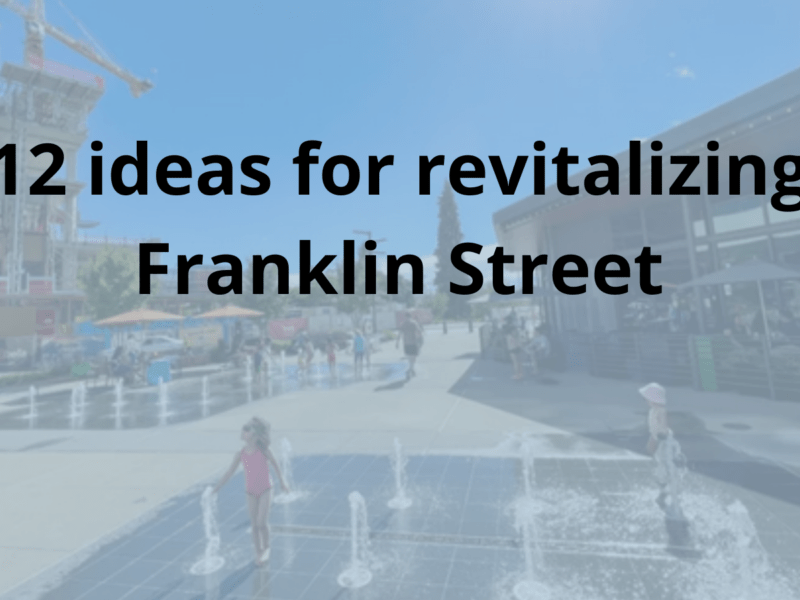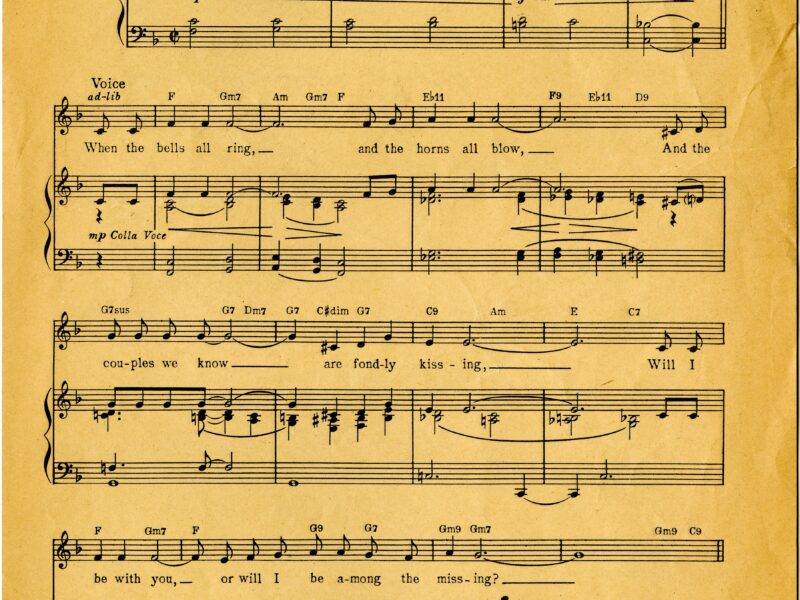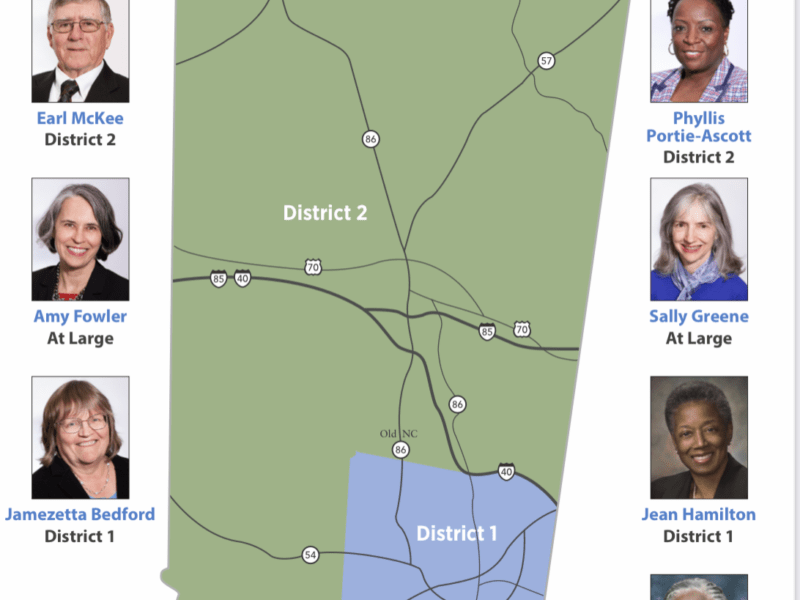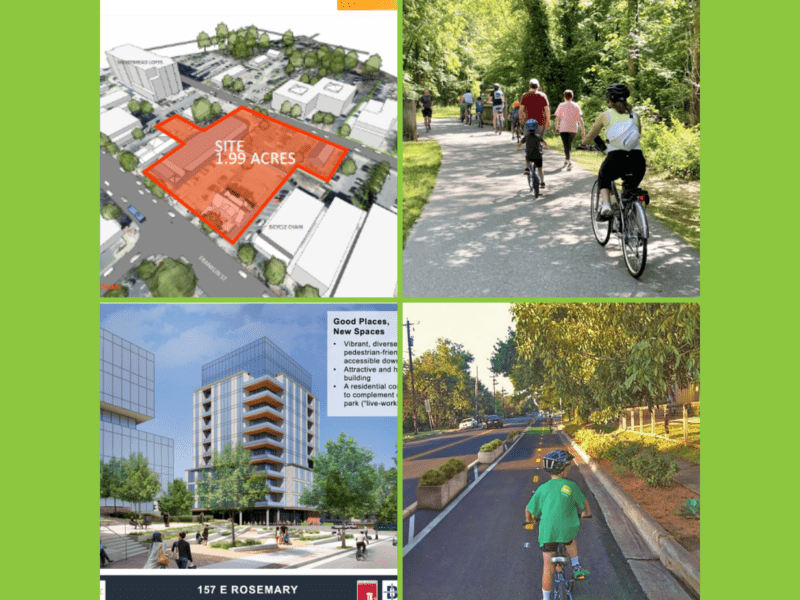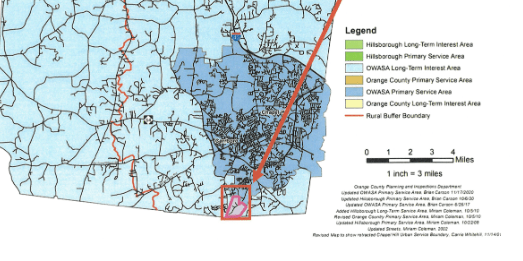Martin Johnson
Martin Johnson lives in Chapel Hill. He teaches film studies courses at the University of North Carolina at Chapel Hill. He is also a member of NEXT Chapel Hill-Carrboro and the Bicycle Alliance of Chapel Hill. He believes that walkable urbanism is the solution to our environmental and economic challenges.

